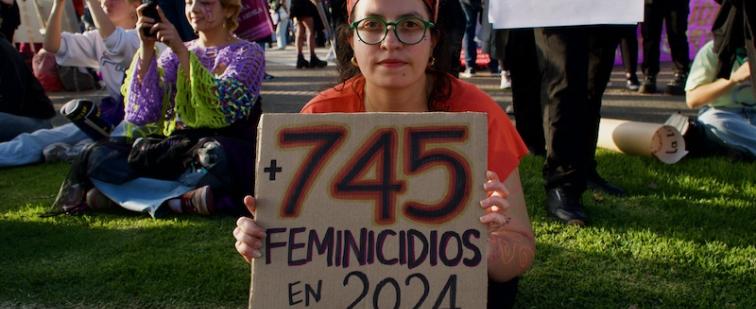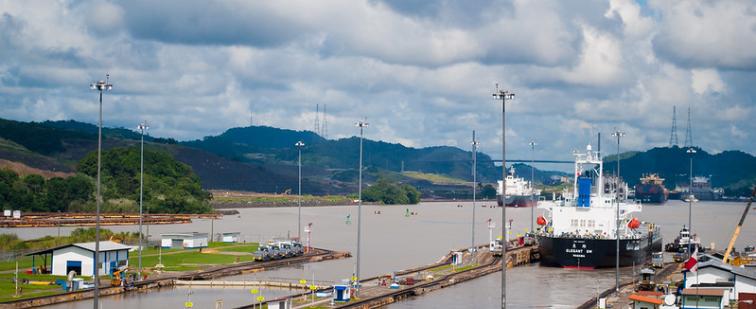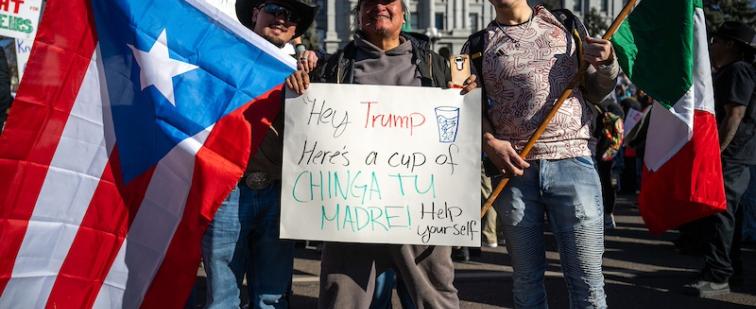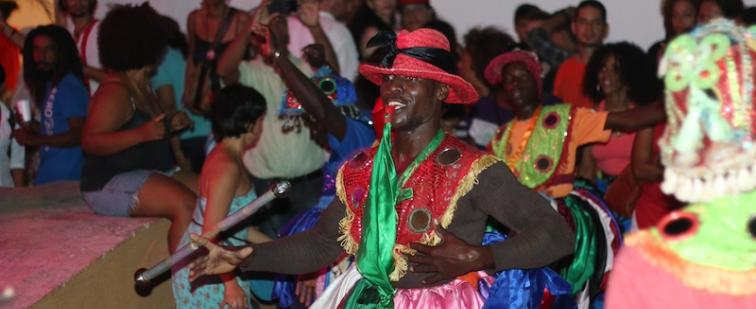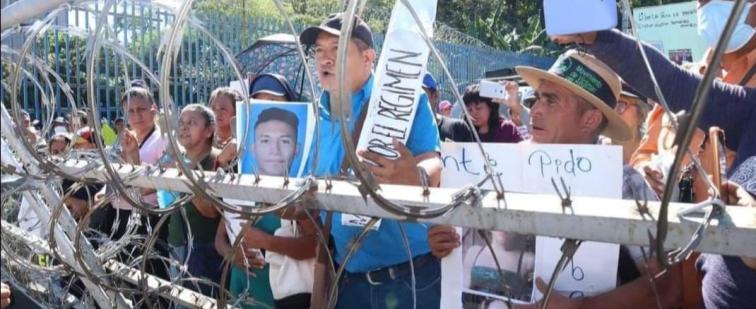Home
A media-fueled specter of drug-war spillover from Mexico is stalking the U.S. border region. A closer examination of these issues casts doubt on the connection being made between Mexican cartel violence and crime in the southwest, leading some officials to dismiss the spillover claim. But that's not stopping anti-immigration forces and militarized border agencies from crying that the sky is falling.
 |
A U.S. delegation of international electoral accompaniers reports back from their observance of the February term limits referendum in Venezuela. They found the election was held with uniform professionalism and care, and that the election results were tallied quickly. Their observations of Venezuelan popular democracy in action stand in marked contrast with media depictions of Venezuela’s government as autocratic. NACLA, TransAfrica Forum, Urban Semillas, and Diverse Strategies Organizing compiled the report.
The mainstream media erupted with stories about Venezuelan President Hugo Chávez publicly giving President Obama a Spanish-language copy of Eduardo Galeano's Open Veins of Latin America during the Summit of the Americas in Trinidad - but for all of the coverage, the media isn't telling the truth about this important book's message.
In response to the just-concluded 5th Summit of the Americas held in Trinidad and Tobago, the member countries of the Bolivarian Alternative for the Americas (ALBA) – Bolivia, Cuba, Dominica, Honduras, Nicaragua and Venezuela – released a counter-declaration. The document denounces the declaration of its mainstream counterpart for ignoring the global economic crisis and excluding Cuba among many other grievances.
With all that happened at the Summit of the Americas, it was easy to miss a significant about-face by the Obama administration. No, it wasn't the administration's supposedly softer stance toward Cuba. Nor was it Venezuela's well-received offer (by Chávez-basher Hillary Clinton no less) to re-exchange ambassadors with Washington. Obama won't read the Spanish edition of The Open Veins of Latin America, a gift from Chávez, so that can be dismissed, too.
As Barack Obama meets Felipe Calderón, Mexico's drug war rages on. The current militarized strategy to the drug problem is abusing innocent civilians, dramatically increasing violence, and having very little effect on the flow of drugs toward the United States. A real solution to the problem would begin by attacking the economic roots of the problem: 25 years of failed economic policies and a renegotiation of NAFTA. The Mexican people need an economic solution, but instead they're suffering the consequences of a U.S.-backed military quagmire.
Barack Obama this week continues his administration's efforts to push the "reset" button on U.S. foreign relations attending the Summit of the Americas in Trinidad and Tobago. What if he had picked the Nation's Katrina vanden Heuvel or Democracy Now! anchor Amy Goodman to advise him at the upcoming Summit? Unlikely, to say the least, but 75 years ago President Franklin Delano Roosevelt did something just like that. As a result anti-imperialism saved the American empire.
A paper trail of declassified U.S. government documents helped confirm Fujimori's complicity in grave human right crimes committed during his ten years in office. His trial and conviction set a landmark historical precedent that will serve as a stark deterrent against future abuses, both in Peru and beyond. The case is also an important guidepost for upcoming justice-seeking efforts in Peru, where many criminals remain unpunished and the full extent of their deeds unknown.
After the immigration reform bill failed in 2007, the U.S. Immigration and Customs Enforcement (ICE) agency began actively promoting a largely dormant program that trains local law enforcement to perform the duties of federal immigration officers. As local communities increasingly become the front lines of the immigration war, one North Carolina county took on ICE along with local anti-immigrant groups—and won the battle.
The refusal to employ disabled people in Argentina has persisted for decades. Neither the political and economic orientation of those in government nor periods of economic expansion and job creation have favored the hiring of the disabled. Although the National Congress has passed a series of laws, including job quotas in 1981, an anti-discrimination law in 1988, and constitutional mandates on human rights in 1994, these norms are in practice rarely enforced.

